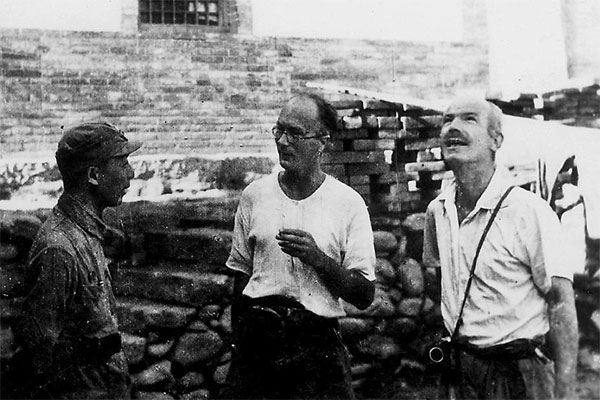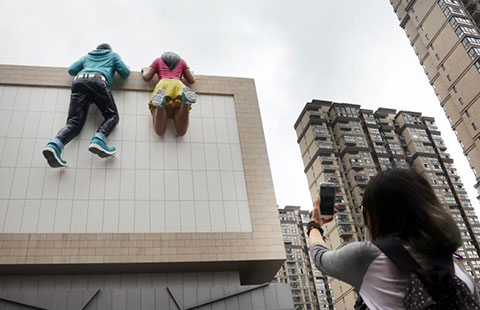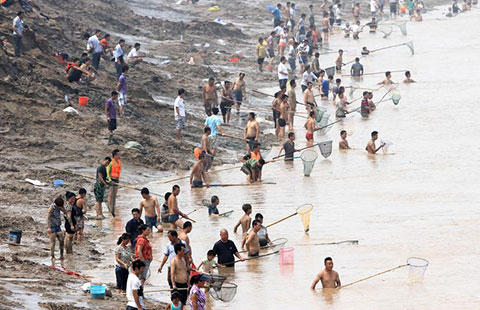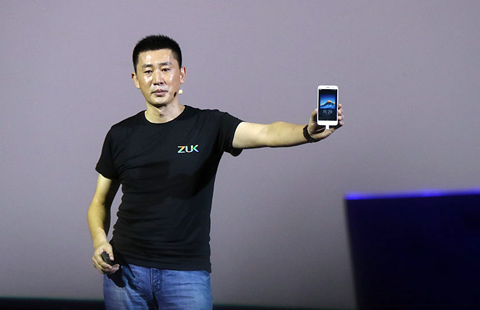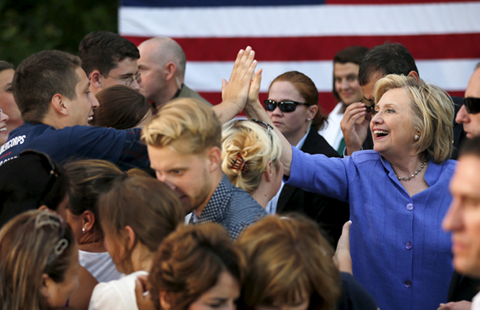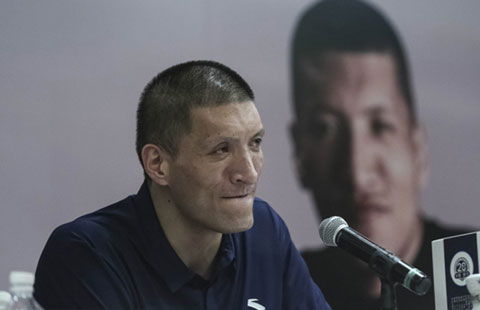UK scholar tuned into China's WWII resistance
By Cui Shoufeng ( China Daily ) Updated: 2015-04-08 07:02:00
|
Marshal Nie Rongzhen (left) talks to Lindsay (center) and Norman Bethune on Aug 6, 1939. |
The economist was just 28 at the time, yet he was forced to make a life-or-death decision: flee the country or join the fight.
In the spring on 1938, Lindsay learned of a resistance movement forming outside Beijing and, at the first opportunity, traveled with some colleagues to the communist-led Jinchaji base, named after the area straddling Hebei and Shanxi provinces.
Inspired by what he saw, he returned to the capital and began to help the guerrilla forces in his spare time by sending supplies through secret channels, the most important of which were medicine and radio parts.
Due to his foreign appearance, "although the occupation troops might have had their eyes on this young Englishman, they couldn't search him at the city gates like they did to all the locals", according to professor Tonglin Lu at Shanghai Jiao Tong University's School of the Humanities, an authority on foreigners involved in the Chinese resistance during World War II.
He enlisted the help of one of his students to relabel in Chinese the items he bought, to avoid the stores where he purchased them facing any backlash if Japanese soldiers ever intercepted a shipment. That student was Li Hsiao Li, who later became his wife.
Li was the daughter of a retired army colonel and had intended to study in Nanjing, capital of Jiangsu province, before the Japanese invasion forced her to change her plans and gain admission to Yenching University.
|
|
|
|
|
|
|
|
European Weekly
 We will not give up search, Li vows
We will not give up search, Li vows
International hunt for missing airliner continues after fruitless six-day search


